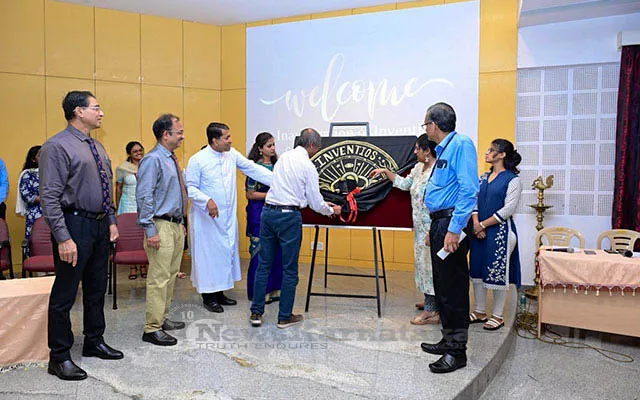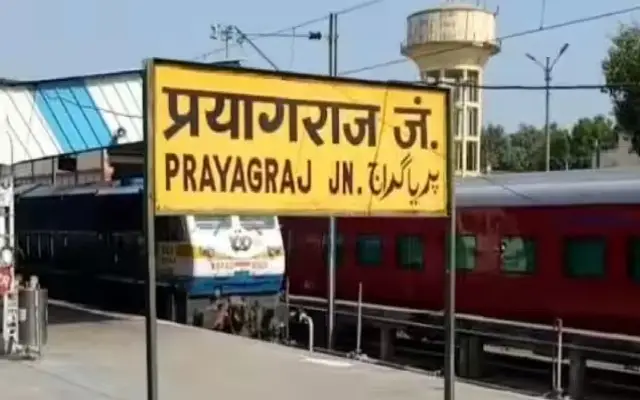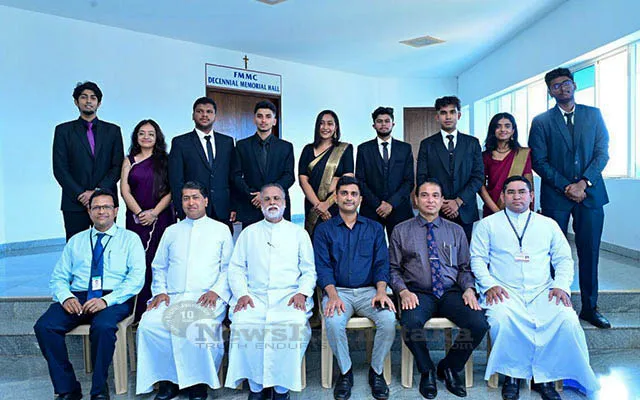 Kolkata: The widespread panic over a probable future NRC and the way the ruling Trinamool Congress exploited the issue, election strategist Prashant Kishore’s booth-level micro-management and successful planning and strategising of the campaign as also a series of mass reach-out programmes proved decisive factors in the Mamata Banerjee-led party sweeping the bypolls to three West Bengal Assembly constituencies on Thursday.
Kolkata: The widespread panic over a probable future NRC and the way the ruling Trinamool Congress exploited the issue, election strategist Prashant Kishore’s booth-level micro-management and successful planning and strategising of the campaign as also a series of mass reach-out programmes proved decisive factors in the Mamata Banerjee-led party sweeping the bypolls to three West Bengal Assembly constituencies on Thursday.
In contrast, after the Lok Sabha high when it surprised pundits by picking up 18 of the state’s 42 Lok Sabha seats, the bypolls brought to the fore the BJP’s organisational deficiencies, particularly its shortcomings in combating the Trinamool’s aggressive anti-NRC campaign.
This, coupled with poor selection of candidates that led to dissatisfaction among the party rank and file, and the arrogant statements of some of its leaders saw a large section of people who voted for the BJP in the general elections turn their back to the safforn party, which was routed even in its citadels like Kharagpur Sadar and Kaliaganj.
Analysts, however, feel the Trinamool’s masterstroke in making the NRC almost the sole issue in seats like Kaliaganj and Karimpur led to a massive transfer of votes from the Congress-Left Front alliance to its fold.
Even a sizeable section of the votes of the Left Front and the Congress, which had gravitated to the BJP in the general elections, this time went to the Trinamool, as the alliance candidates forfeited their deposits in all the seats.
Even Chief Minister Mamata Banerjee, who did not take part in the bypolls campaign directly, in her press conferences and speeches on various occasions highlighted the National Register of Citizens (NRC) as a ‘big demon’ and announced umpteen times that her government would not allow the exercise in the state.
With Union Home Minister Amit Shah repeatedly declaring his party’s determination to come up with the NRC, the pitch was further queered for the BJP, as the state saw suicides and deaths of panicky people over the issue.
The state BJP leaders could realise the serious damage potential of the issue, and deliberately soft-pedalled the matter in their campaigns, while highlighting the party’s intent to come with the Citizenship Amendment Bill first, but that faded in the face of the Trinamool’s all-out onslaughts.
BJP’s losing candidate from Kaliaganj Kamal Sarkar conceded as much.
“They (Trinamool) hit us with the NRC issue. We couldn’t face it. This was our weakness. Apart from that we had no other weaknesses which they could have exploited. They used the issue in a way which created panic among the people,” said Sarkar, who lost by over 2,000 votes in a seat where the BJP candidate and present Union Minister Debosree Chowdhury had taken almost a 57,000 vote margin in the general elections.
According to political analyst Udayan Bandopadhyay, a huge section of the constituency’s 64 per cent Rajbangnshi vote travelled to the Trinamool camp only because of the NRC panic.
Similarly, in Karimpur, which has a large minority population, the Trinamool reaped the fruits of the fear about the NRC.
An indicator to this is the results of the two polling booths at Ghiyaghat Islampur Primary school — a muslim heartland — where BJP candidate Jay Prakash Majumdar was roughed up. He got only two and 38 votes from the two booths.
Again, the Congress supported Left Front candidate Golam Rabbi, whose presence had made the Trinamool worried, proved almost a non-starter. He got only 9 per cent of the votes.
According to Bandopadhyay, in Kharagpur Sadar, Kishore’s strategy of putting a check on the Trinamool’s factional feuds by keeping a strong vigil on the quarrelling leaders led to the party putting up a united fight.
As against this, there was lot of resentment in the BJP camp about the candidature of Prem Chandra Jha, handpicked by state party President and the constituency’s former legislator Dilip Ghosh, whose elevation to the Lok Sabha caused necessitated the bypoll.
Not only did a sizeable number of BJP workers remained inactive, a local leader Pradip Patnaik contested as a rebel. Though he got a mere 752 votes, the lack of cohesion in a regimented party like the BJP send some wrong signals to the electorate.
Similarly, the nomination of state party Vice President Majumdar from Karimpur created misgivings among the local leaders. Majumdar was dubbed as an outsider, and some local leaders kept aloof.
“It may well be that the people did not get the sort of candidates they expected. Also, organisationally there was some laggardness, which is common during a bypoll,” said Ghosh, who also accused the Trinamool of misusing the government machinery and the police. However, even a day back, Ghosh had predicted his party would get all the three seats.
Political analyst Bimal Shankar Nanda pointed out that the BJP failed to mobilise its cadres, and could not inspire all of them to dive headlong into the campaign.
“A fight between the original BJP workers and the late entrants, the party’s failure to launch movements that touch the people, like say on vegetable prices, fielding of controversial candidates like Jha who had court cases against them, affected the fortunes of the party.
“In striking contrast, Trinamoo learnt fast after the Lok sabha setbacks where its tally came down to 22 from 34 in 2014. It quickly roped in Kishore, who made surveys, found out the fault lines, and took up mass reach out programmes like ‘didi ke bolo’ (tell the government), and strategised the campaign,” Nanda told IANS.
Trinamool’s victorious candidate from Kaliaganj, Tapan Deb Singha gave credit to Kishore.
“We ran a very coordinated campaign, reached out to every voter. Prashant Kishore’s boys worked very well till the booth level. They came up with inputs, and we followed up on their suggestions,” Singha told the media.
But what is the message of the elections for the principal political parties and its impact on the elections in the near future?
“One message is loud and clear. People have rejected the NRC. If the BJP still goes forward with it, they can do so on their own peril. But as for its impact, it’s very difficult to say, as one doesn’t know in these uncertain times what new issue may crop up,” said Bandopadhyay.
Nanda said the BJP could not be written off, notwithstanding the results.
“The attitude of the Central government and the role of central agencies probing various graft cases in the state could determine the course of the coming elections. If the BJP can get its house together, get their workers on the field and come out with an alternative narrative, they won’t do badly,” he added.
Even after the rout, the BJP can still take heart from its performance in the bypolls as opposed to its showing three years back.
Its vote percentage more than trebled from 12 per cent to 39 per cent at Karimpur, and from 13 per cent to 44 per cent in Kaliaganj between 2016 and 2019. Only in Kharagpur, the figure dropped from 40 per cent to 34 per cent in the space of three years.
BY SIRSHENDU PANTH


















